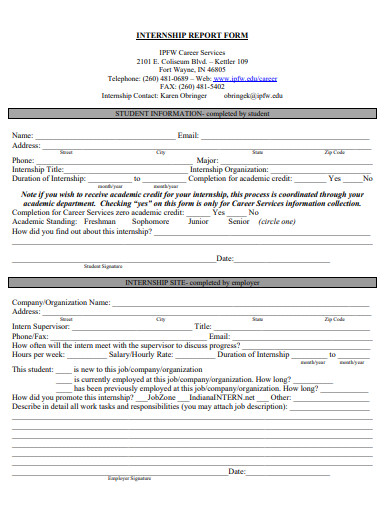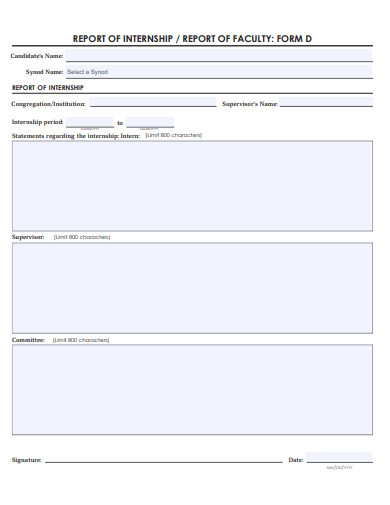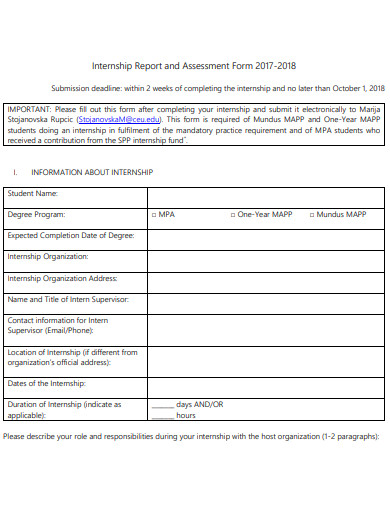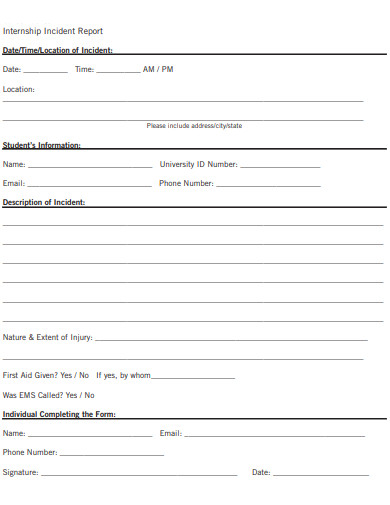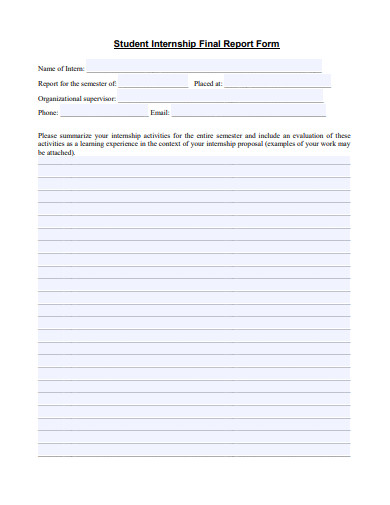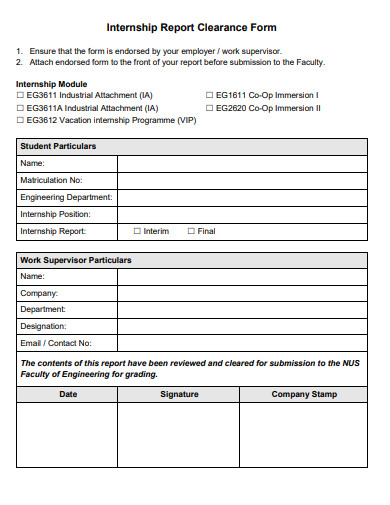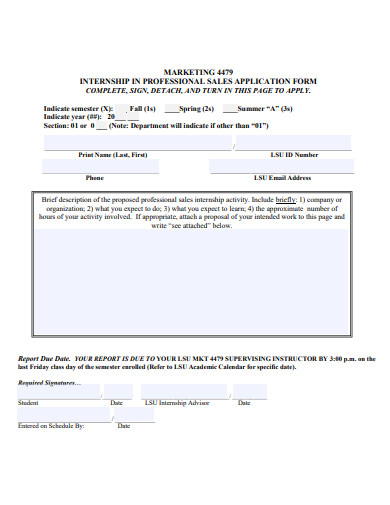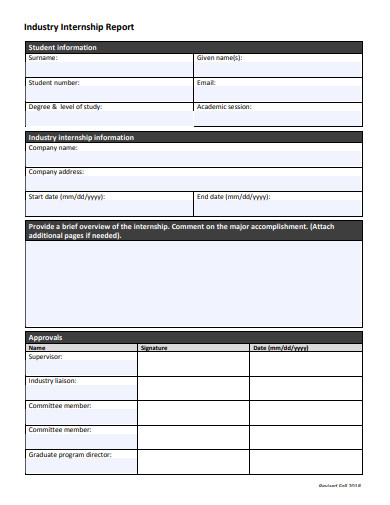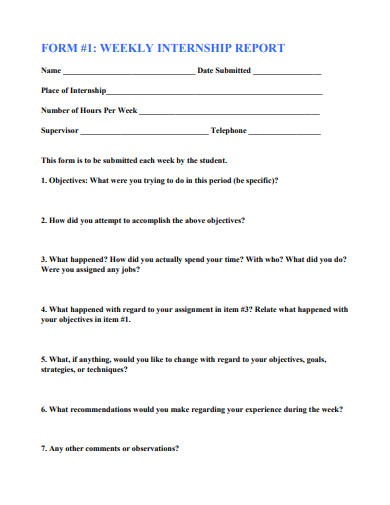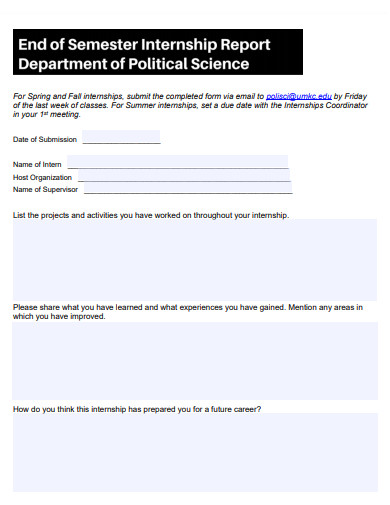A lot of companies would ask a lot from interns. They often ask them to do their best while they are being assessed and evaluated, through their performance and productivity. This is why writing about your internship is the best option to keep in touch with what you are doing. Students who are taking their internship know by now that it is not always easy. With that being said, writing a report about your internship and productivity is a part of being in the internship program. Of course this depends on who you work for and the company.
Some companies would only ask for a report and not for the whole productivity report form from an intern. Whether or not you may be writing about your productivity or generally about your internship, it is always best to be prepared for a report form. If you are wondering why this is necessary, some companies actually require them for company purposes. To know what to write and how to write it is also crucial. So head on over to the definition and tips to get you started.
[bb_toc content=”][/bb_toc]
9+ Internship Report Form Examples
1. Internship Report Form Template
2. Sample Internship Report Form
3. Internship Report and Assessment Form
4. Internship Incident Report Form
5. Student Internship Final Report Form
6. Internship Report Clearance Form
7. Internship Report Form in PDF
8. Industry Internship Report Form
9. Weekly Internship Report Form
10. Printable Internship Report Form
What Is an Internship Report Form?
A lot of interns may have encountered report forms during their internship or even before. But they may not be able to explain or understand what this is for. An internship report form is a document made by those who are doing their internship program. It is a document that states the entire general or specific summary of an intern’s entire summary of the program, the work and everything in between. This can also include any issues or problems that may have been encountered by the intern during their shift or stay. In addition to that, an intern report form is not only a useful tool but it is also used as a way for the organization to be able to know if they have learned or if they have gotten any lessons and experiences from the internship.
The purpose of an internship report form is to notify the person in charge of the organization or the company that the intern has experienced either a general issue or a specific issue. As well as to be able to give a good view of the experience and the knowledge that they are getting from the internship. Basically, this can also be used as attendance for the intern to understand that every single day is a new experience to learn.
How to Write an Internship Report Form?
When we think of reports, we think of ways of writing them. We think of a format, the do’s and the don’ts. We want our report to fit the requirements, and for that to happen, we have to know where to begin. Here are five very simple ways on how to write an internship report form.
1. Start by Drafting Your Report
When you start going through your internship, the best way to make this report possible is by drafting. Make notes on what you did throughout the day, week or even a month. So when your employer starts asking for a report, you are all set. All you have to do is to draft what you have written and start from there.
2. Fill Out the Report
There are some reports that are in a checklist type while others are in a narrative type. Regardless of what type it may be, it is always best to fill out what is asked immediately. When filling out the report, read the directions very carefully. Make sure that you are writing what is asked of you and writing it clearly. Avoid erasures if possible.
3. Add the Details to Your Report
Adding the details like your name, the company or organization you work for, the time and date are simply the basics of your report. You should also add the main reasons for the report but do not start by saying it is a requirement. They already know that it is. However, you can share about your learnings and experiences in your report.
4. Straight Out Highlight the Skills and Experience
Put in your report the skills and experiences you have while going through your internship. Show to it that what you have written is really true to you as an intern. Avoid placing skills and experiences you may not have gone through to make your report look nicer.
5. Finalize Your Report and Send It
Last but definitely not the least, it’s time you finalize your report. Check whether you have filled out all the necessary details and information they may ask from you. Once you are done, double check just in case and send it.
FAQs
What is an internship report form?
An internship report form is a document that is given or written by the intern for the organization they are taking their internship program with. It consists of the necessary information for the organization to use.
What is the use of an internship report form?
The report form is given as a way to assess and to evaluate the progress of the intern who is writing the report. This kind of tool also allows the organization to see if there are any issues that the intern may have and be able to resolve it.
What should an intern avoid at any cost?
When an intern is filling out the report form or writing the information asked, they must of course avoid any erasures. The report form is an important document, and should be treated as such. Another thing to avoid is fabricating anything that could not be true for the intern.
It goes without saying that report forms are a necessary tool for interns as well as the organization they are under. This report form gives them an idea and a good view of what the intern has learned so far, as well as the skills and the knowledge that they need. This is why making a good internship report form is a good first step to a successful view for interns and organizations alike.




